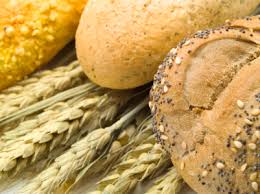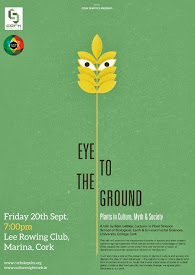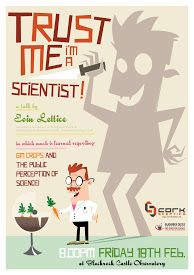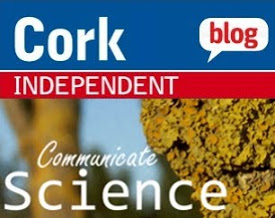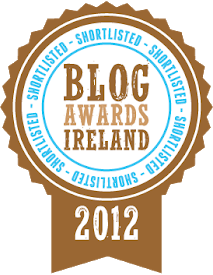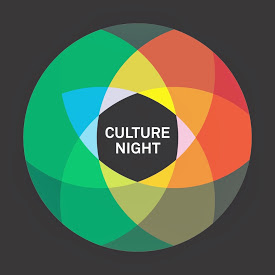Europe divided on new GM crop rules
| John Dalli: new regulations on GM crops criticised |
The proposed regulations would have allowed individual member states to decide for themselves whether genetically modified crops were grown in their territories. The regulations were floated in July by Health and Consumer Policy Commissioner, John Dalli who said that member states would be allowed to ban GM crops on grounds other than those based on a scientific assessment of health and risks to the environment .
Having received mixed reviews from both pro- and anti-GM groups, it now seems that some of Europe's major agricultural nations have noted their opposition to the proposals.
On Monday, Marco Contiero, Greenpeace's agriculture policy director in Europe warned EU countries not to be "duped into accepting the proposal as it stands and taking the pressure off the Commission to improve crop safety and prevent GM contamination".
'EU ministers should demand a moratorium' - GreenpeaceContiero called for the EU to totally rethink its strategy on GM crops: "Until Europeans and farmers can be sure that the dangers of GM crops are thoroughly addressed, EU ministers should demand a moratorium on new authorisations".
At a meeting of EU agriculture ministers in Brussels on Monday, there was significant difference of opinions on the matter, with all sides agreeing to delay any decision on how to move forward until after the proposed regulations are reviewed by the EU's legal team and the World Trade Organisation. There are concerns that the regulations could have a significant impact on the internal market which operates within the union.
Apparently, France, Italy, Germany and Spain all came out against the proposals. France and Italy would traditionally have been seen as anti-GM, while Germany and Spain would be considered pro-GM in attitude.
Italian agriculture minister Giancarlo Galan said that Italy does not support the proposal as it stands and that "Each for himself undermines the foundations of the common agricultural policy (CAP)".
His French counterpart Bruno Lemaire was equally dismissive saying that national decision making would “give a wrong signal to European citizens and a wrong signal for the CAP".
'if it's the only way to move forward it may be the least worst option'- James PaiceBritish Minister of State for Agriculture and Food, James Paice also attended the meeting in Brussels and outlined his government's opposition to the fragmented approach, but seemed open to compromise: "The idea of effectively nationalising the policy is pretty counterproductive in terms of the single market, but if it's the only way to move forward it may be the least worst option".
Commissioner Dalli hit back at a press conference after the meeting saying that the proposal "does not undermine the internal market and it is not against WTO rules". Dalli also pointed out that the regulations will be discussed by a council of Environment ministers on the 14th of October and no doubt he will be hoping from a more positive outcome for his proposals.
'GMOs or non-GMOs don't excite me all that much'- John DalliIn a recent interview with Reuters, Dalli warned of rejecting GM out of hand: "GMOs or non-GMOs don't excite me all that much - it's a question of innovation. If Europe is going to say 'no' to anything that is new, then we are condemned to backwaters".
It can be all too rare to find someone involved in the GM debate who doesn’t get “excited” about the positives or negatives of GM crops. Unfortunately, the topic is one which seems to polarise opinion across Europe and this may be the crux of the problem from Dalli’s point of view. However, in trying to introduce an ‘a la carte’ solution which is likely to see the development of blocks of member states in the pro- and anti-GM camps, Dalli risks dividing opinion even further.
What the European Commission needs to do is act on a pan-EU basis and take the decisions which have been long-fingered by successive commissioners. A piecemeal approach will put up barriers to research and innovation which would not be permitted if we were dealing with almost any other scientific topic.
From the response of governments to his most recent attempts to remove the impasse on GM crops, it seems that Europe may be stuck in the backwaters for some time to come.

